AARP Hearing Center


Chapter 21
1993
THERE WAS NO LISTING IN THE Dublin phone book for a Hackman O’Hanrahan, but there was a listing for the IAI group, with an address on Fitzwilliam Place, not far from St. Stephen’s Green.
Fitzwilliam Place was a long avenue lined with huge Georgian houses, all of them with brightly painted doors and brass knockers and tiny signs indicating the businesses occupying each floor.
The air smelled of peat fires and I thought of Conor, a sudden thrilling image of his neck and face flashing into my mind. I shook my head and tried the door. It was locked, but a little sign next to it instructed me to press the bell, and once I did, the door clicked open and let me into a tastefully decorated reception area.
The woman behind the desk looked up curiously at me. She was perfect: long brown hair, a pale blue wool pantsuit and lavender silk scarf at her throat, and I was suddenly conscious of my jeans and sweater and backpack. “Can I help you?” she asked, studying me over the top of her reading spectacles.
“I don’t know. I’m sorry to bother you, but I’m looking for a friend of mine. Hacky O’Hanrahan? I’m over here just traveling around and he said if I was ever in Dublin I should look him up. He gave me this address, but I didn’t realize it was a business ...”
The woman smiled. “His father owns the investment company,” she said. “That must be why he gave you this address. Mr. O’Hanrahan Jr. has a flat in Merrion Square, I believe. I’ll check on the number for you.”
She disappeared through the door behind her desk and came back a few minutes later with a piece of expensive-looking blue paper with a tasteful “IAI Investment Fund” embossed at the top. She’d written 93 Merrion Square West, #3 on the paper. I thanked her and headed back out to find Hacky O’Hanrahan.
Merrion Square was a green rectangle surrounded by streets of brick Georgians. Some of the houses had freshly painted doors and neat black iron fences, but others looked a bit shabby. Hacky O’Hanrahan’s address fell somewhere in between. I stood there for a minute, trying to get a feel for the building before I rang the bell. There were four floors and the little directory next to the door had a law firm listed for the first floor and then the name Murphy written in pencil but scratched out. There were no names by the other two.
I was about to ring the bell when the cobalt blue door flew open, nearly knocking me to the ground, and two boys came running out, backpacks flying behind them.
“I’m late!” one said to the other.
“I am as well, Hoopers. Shite, shite, shite!” The taller of the two stopped to hunch down on the stairs to tie his bootlaces and I was about to ask if either of them knew Hacky O’Hanrahan when the taller, better-looking one, looked up and said, “Erin?”
I tried to remember later exactly what combination of emotions flashed across his face. The first was fear, the second confusion, and the third was actually something more hopeful, maybe even excitement.
My first thought was, He’s exactly Erin’s type. He had longish brown hair that curled around his ears and a conventionally handsome face. His clothes were shabbily expensive: worn cords, a gray cashmere sweater, leather boots.
I stuck out my hand. “I’m Erin’s cousin Maggie, actually. I know I look like her. You’re Hacky O’Hanrahan. Can I ask you a few questions?” I was flustered, not quite ready for this.
Suddenly he was guarded. His friend was still standing there. O’Hanrahan pushed his hair out of his face. “I’m really late, actually,” he said. “I can’t really talk now.”
“Can I just walk with you? I’m heading that way, too.”
“Uh, sure. All right.” His accent was only very faintly Irish, the edges rounded and smoothed — American, with just the slightest hint of Dublin.
The friend said, “I’ve got to run. Sorry.” He searched O’Hanrahan’s face for a moment, and then took off, a small smile playing at the corners of his lips. I imagined the conversation that would come up later. Cousins, huh? So she gave you a rave review and her cousin thought she’d give you a try.
“I’m really late. Sorry.” O’Hanrahan lengthened his stride and I matched it.
“I can keep up,” I told him. “You know about Erin, that she’s missing.” It was a statement, not a question, and he hesitated before nodding.
“How did you know her?” I asked him.
“I didn’t know her, not really,” he said.
We turned onto Nassau Street. I saw him glance up at the college entrance and then glance at his watch. It was a fancy watch, big and metal and bulky and expensive-looking. I didn’t have much time. At the pace we were walking, we’d be inside the walls of the college in five or six minutes. “But you did know her?”
“We weren’t — it wasn’t like a relationship,” he said.
“But you slept with her.” Statement, not question. I was going by instinct and his expression told me I was right.
“Well — why are you asking all these questions? I don’t know anything about what happened to her.” He was blushing. He looked scared.
“I didn’t say you did.” I was practically running to keep up with him now. “I know you don’t know where she is or anything, but I’m thinking maybe you could give me a sense of her state of mind before she disappeared. Did she say anything about going on a trip? Did she seem depressed?”


























































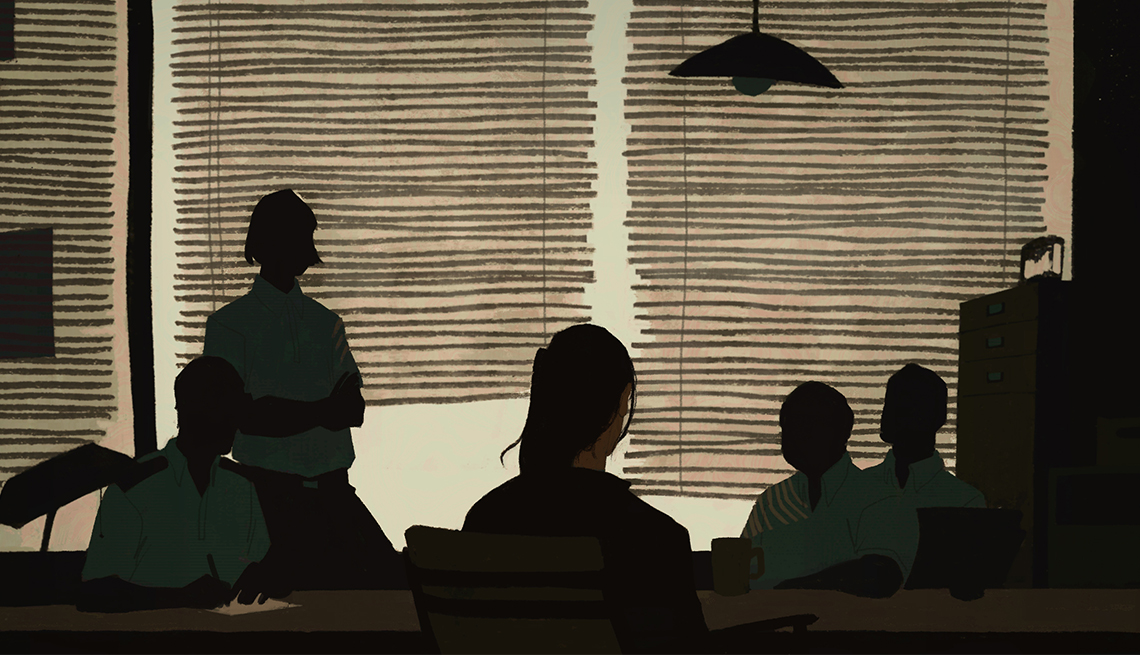
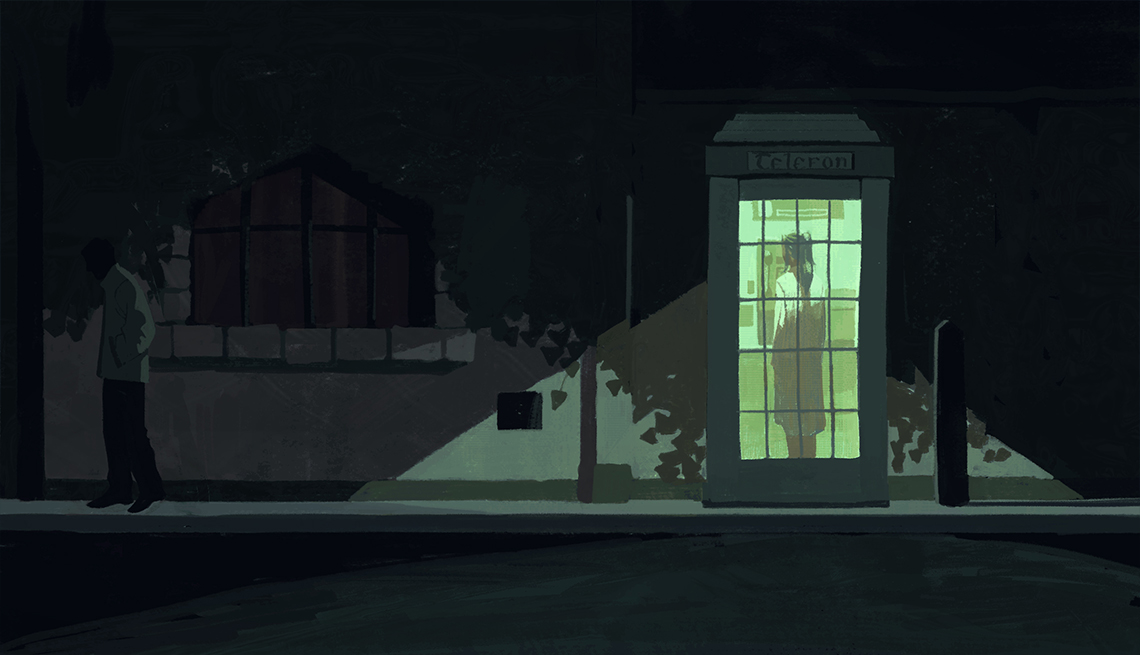
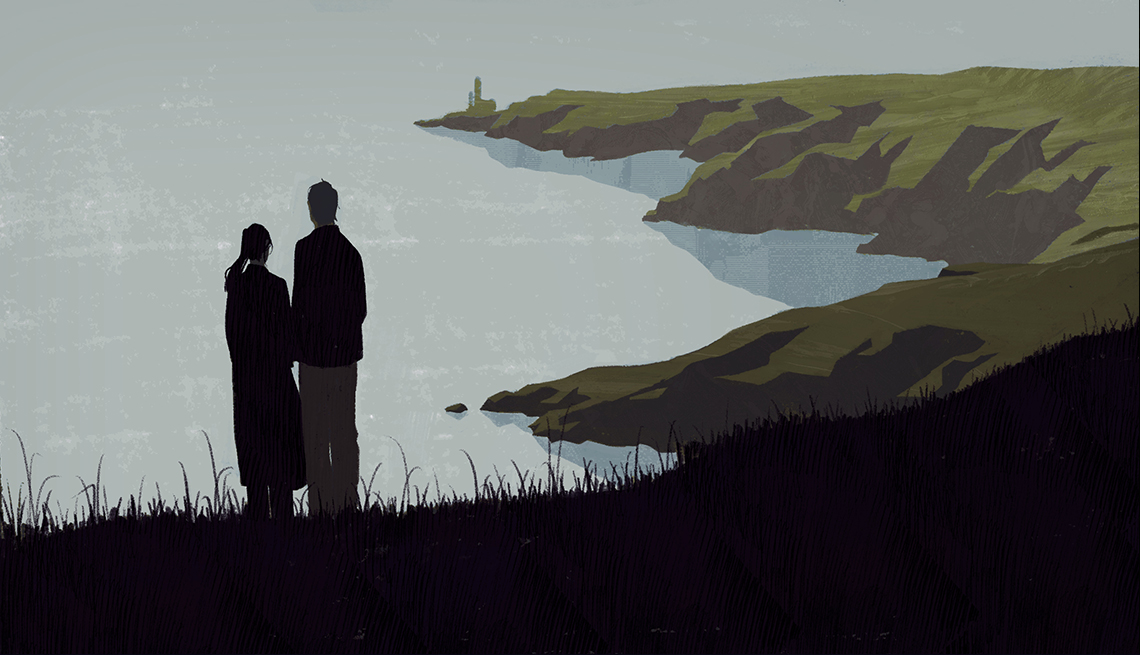
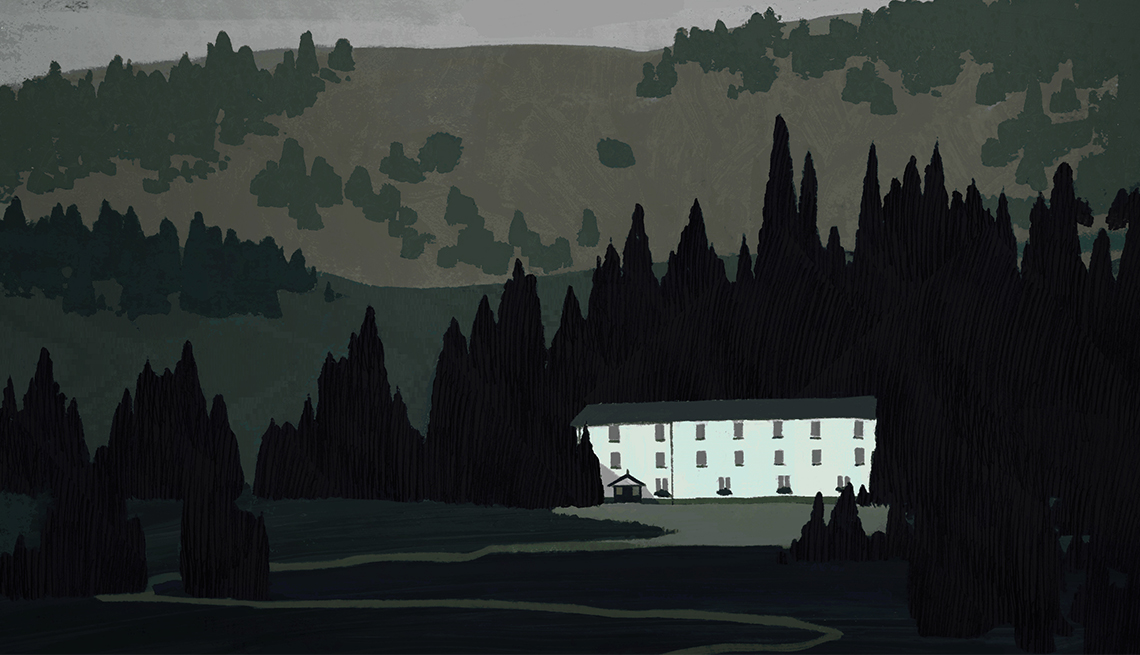
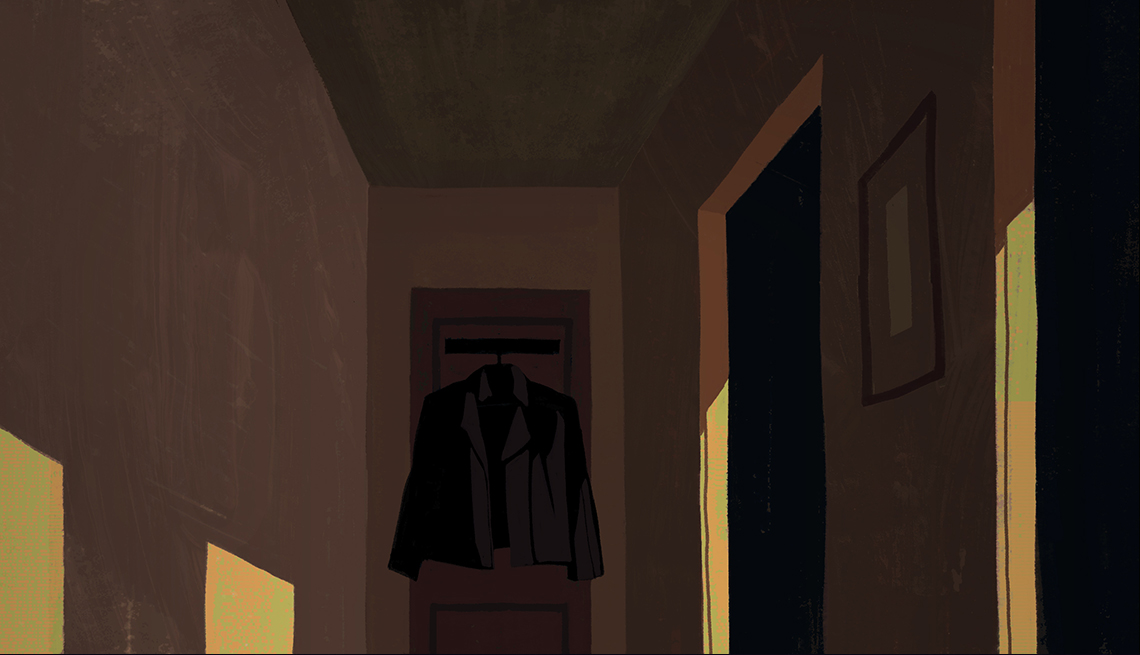
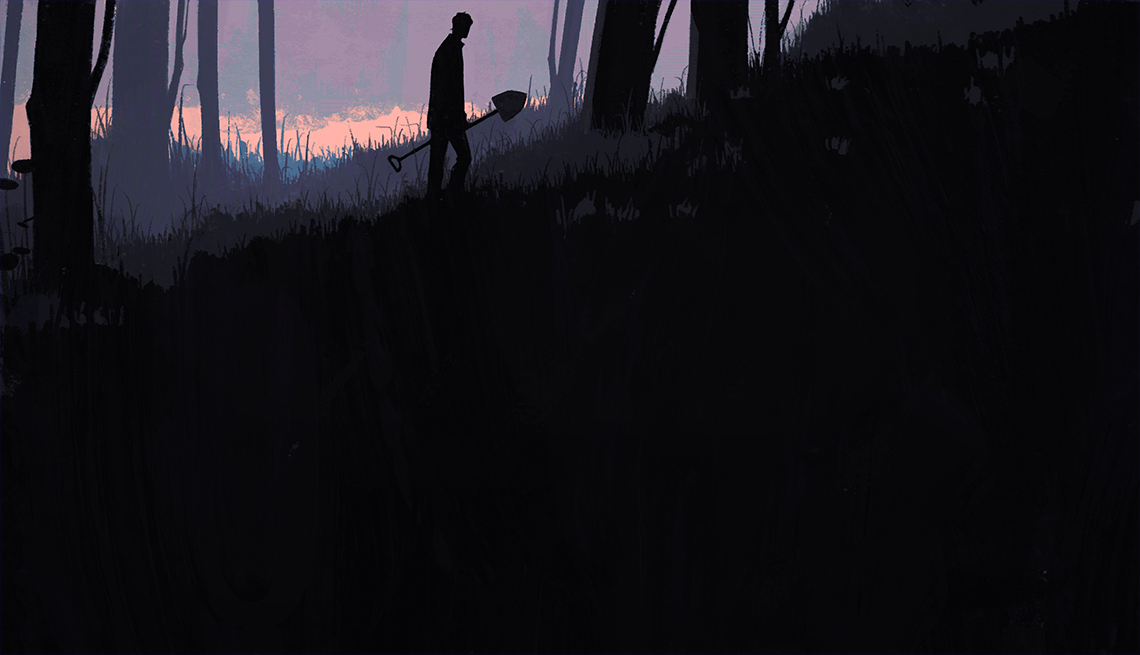
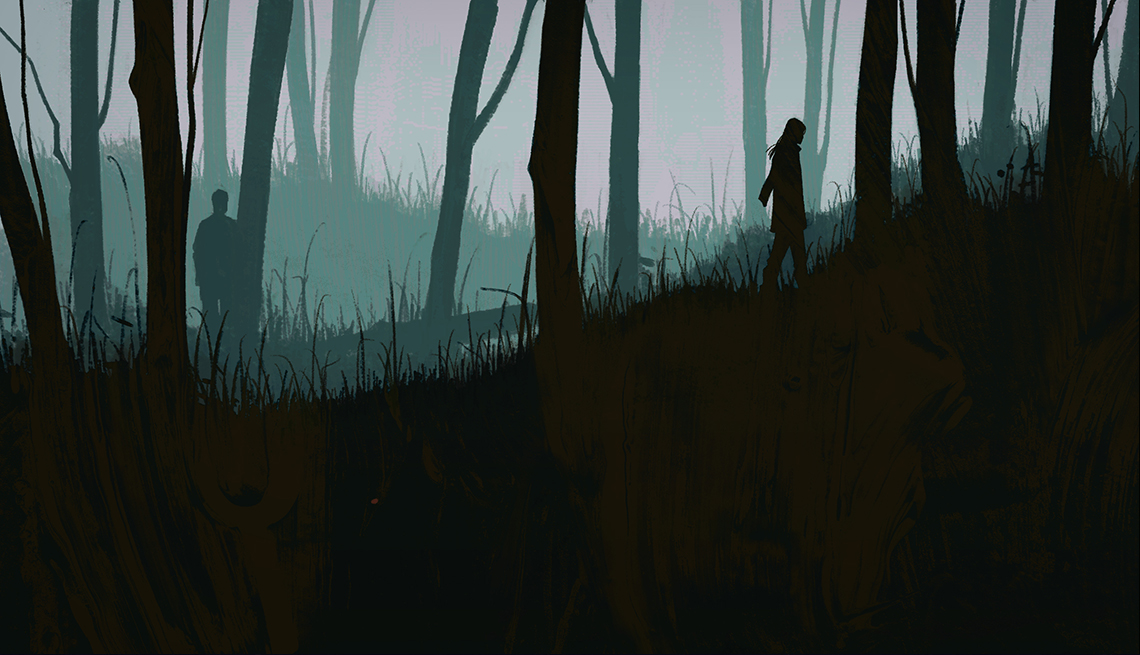
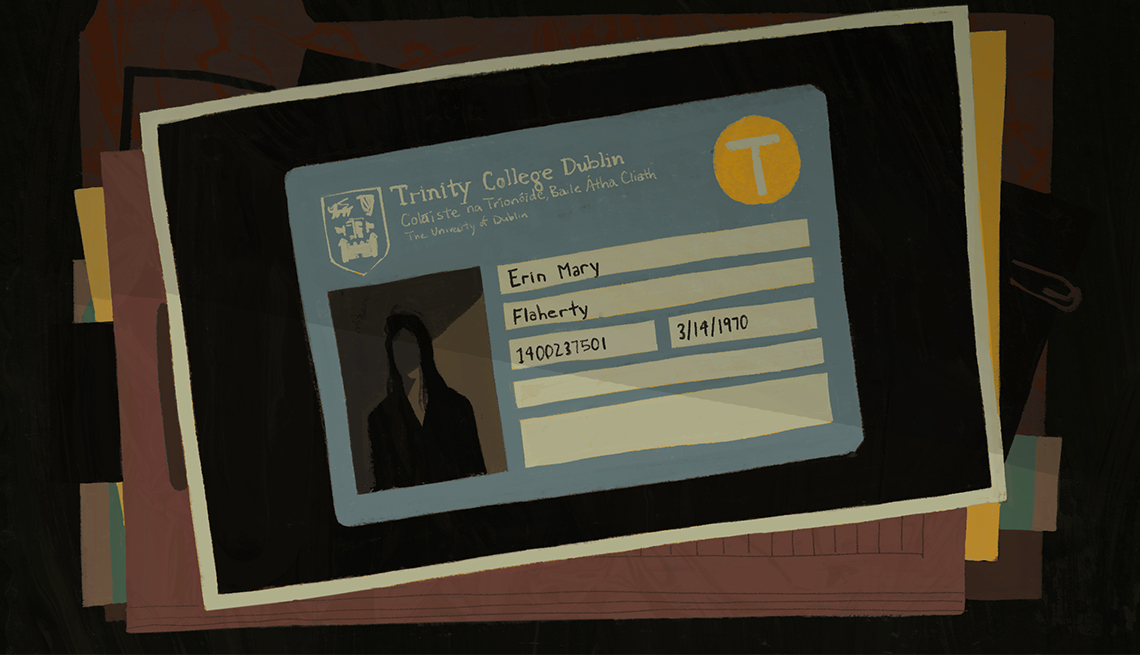
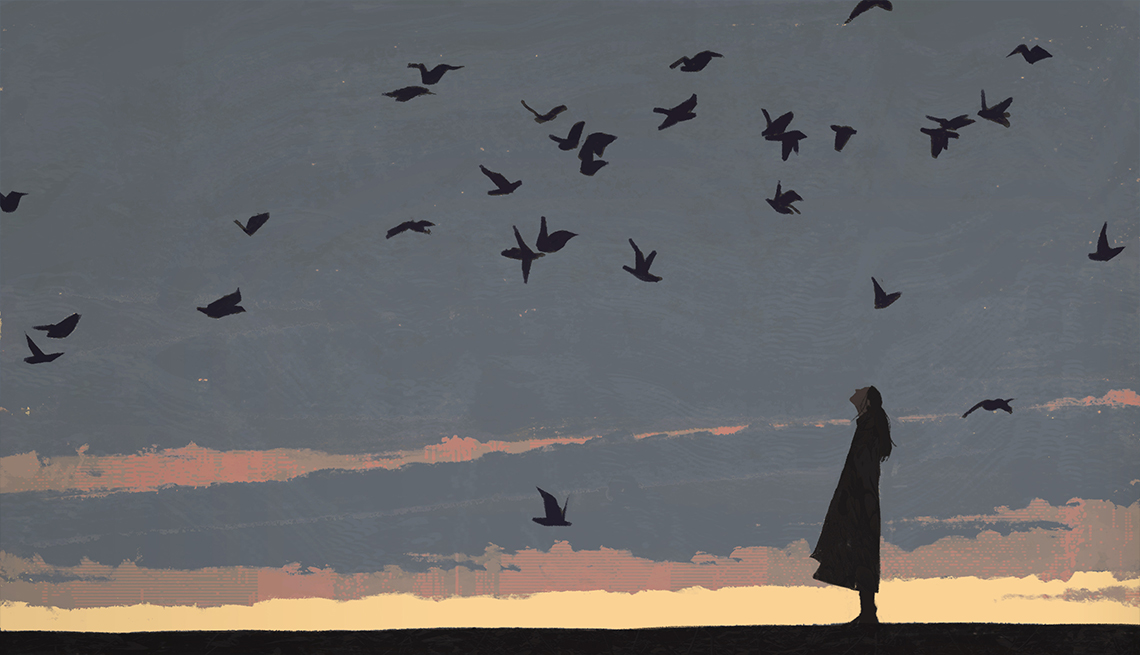
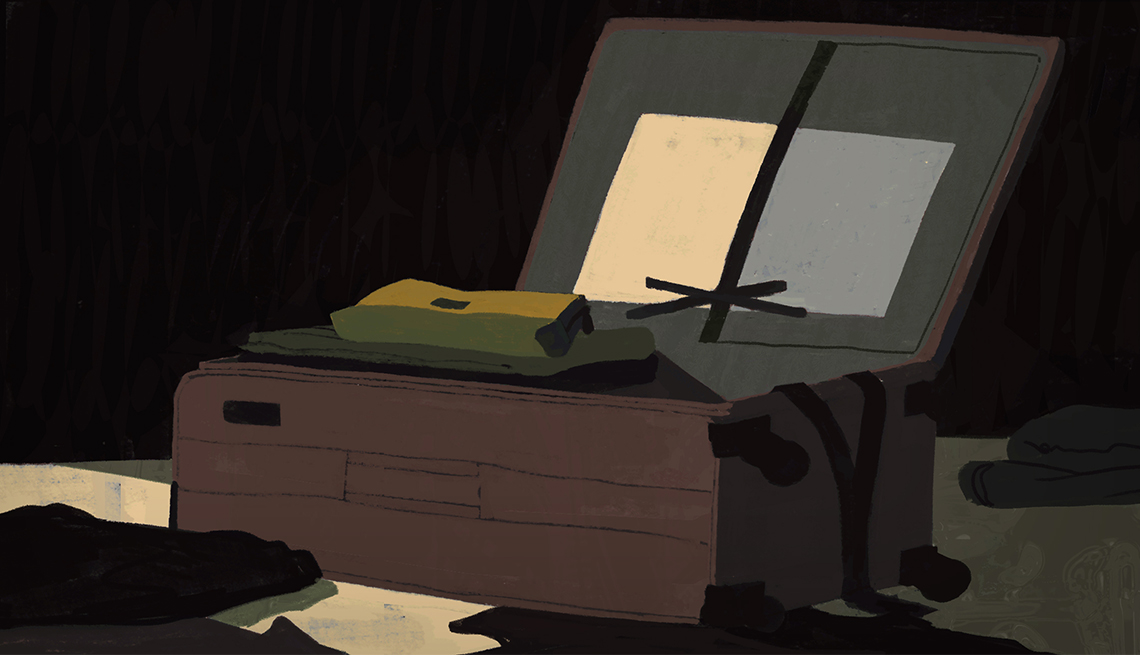
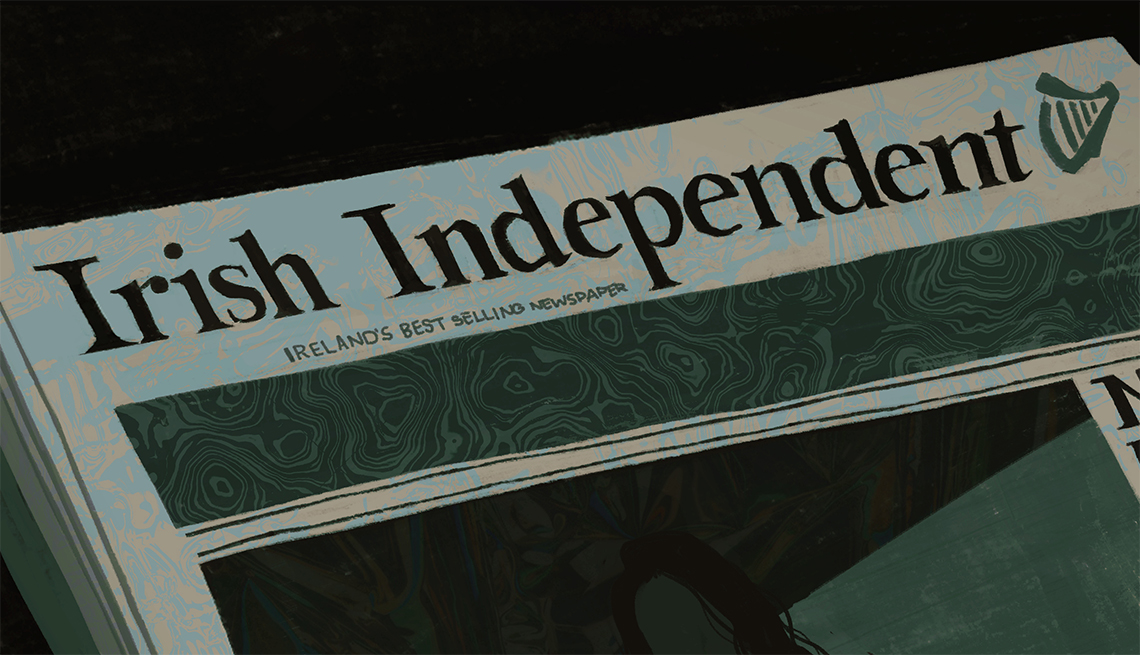
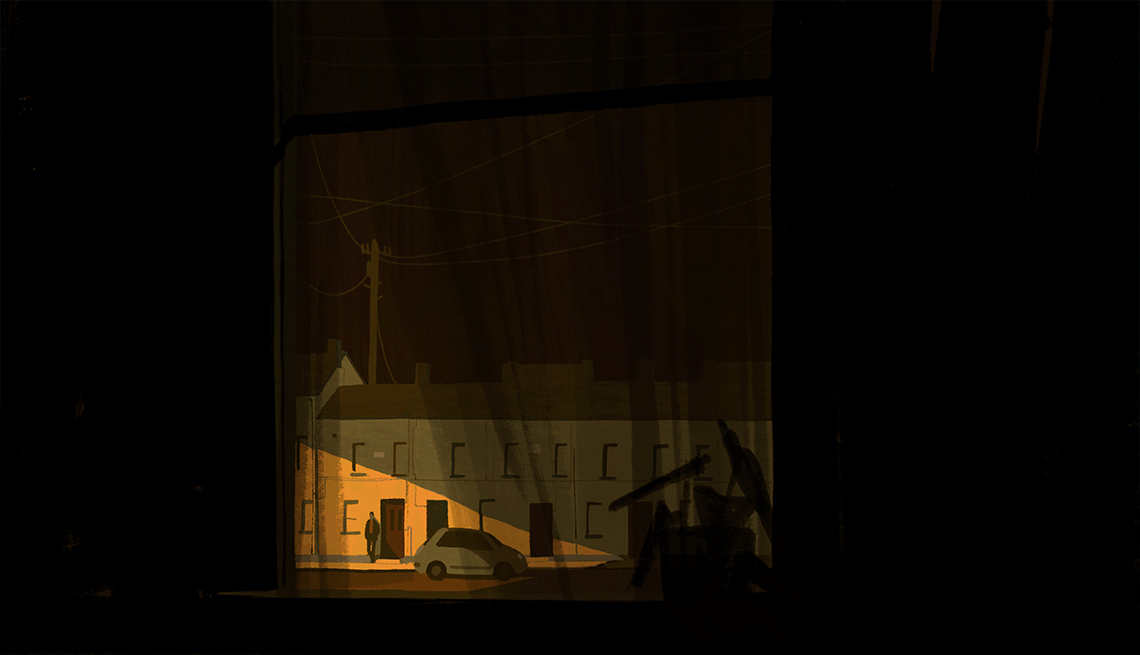
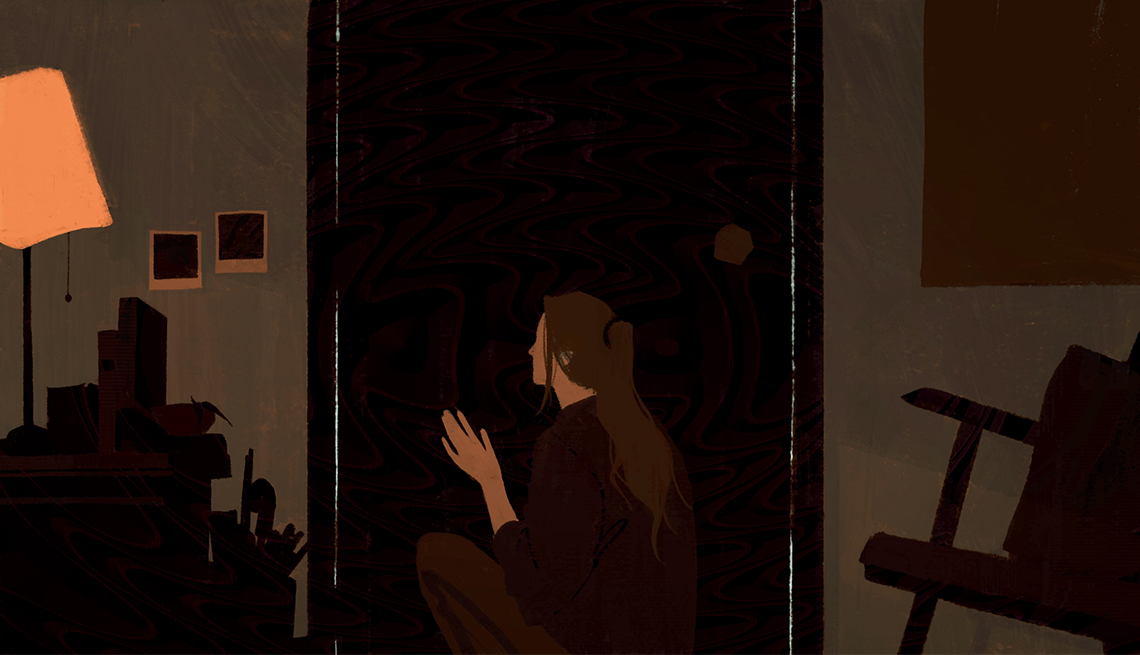
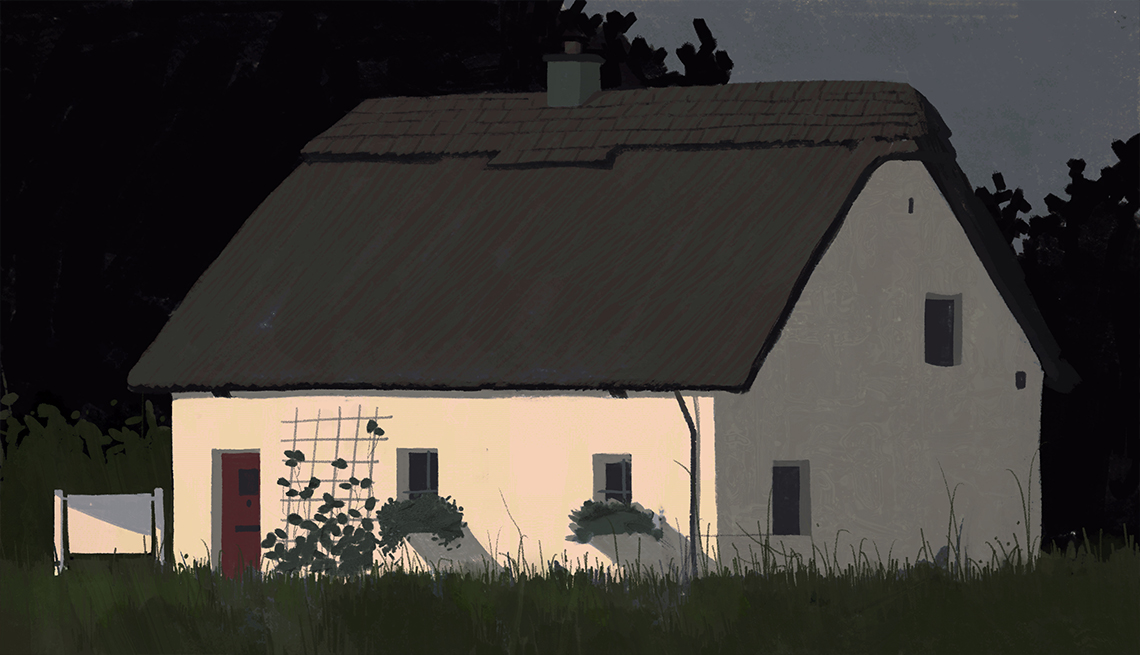
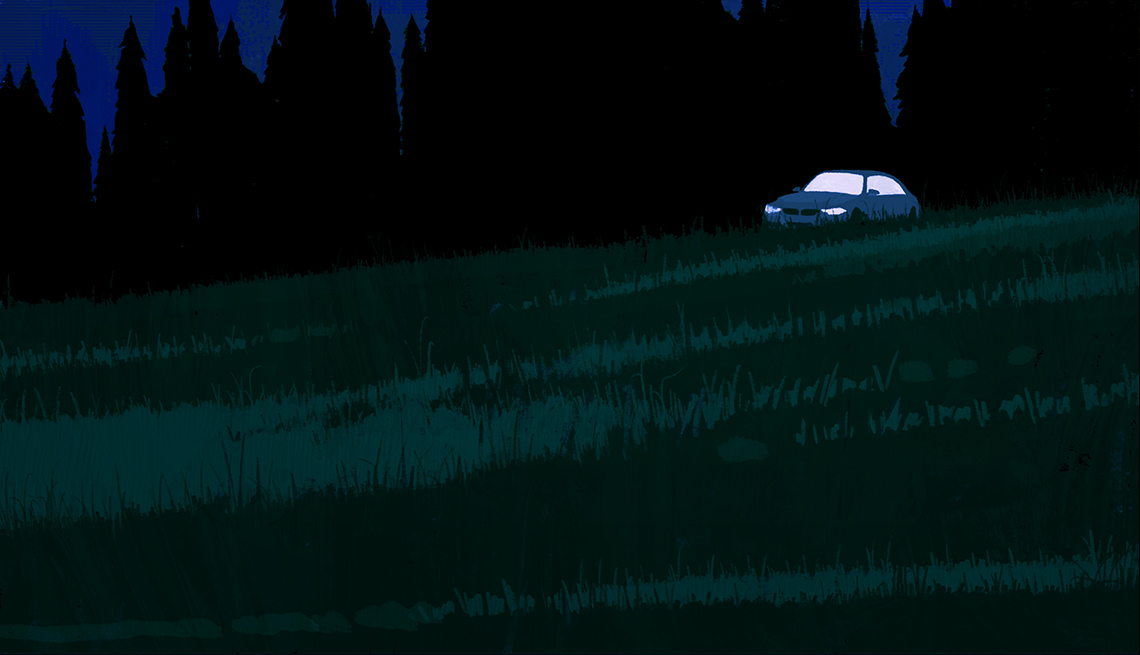
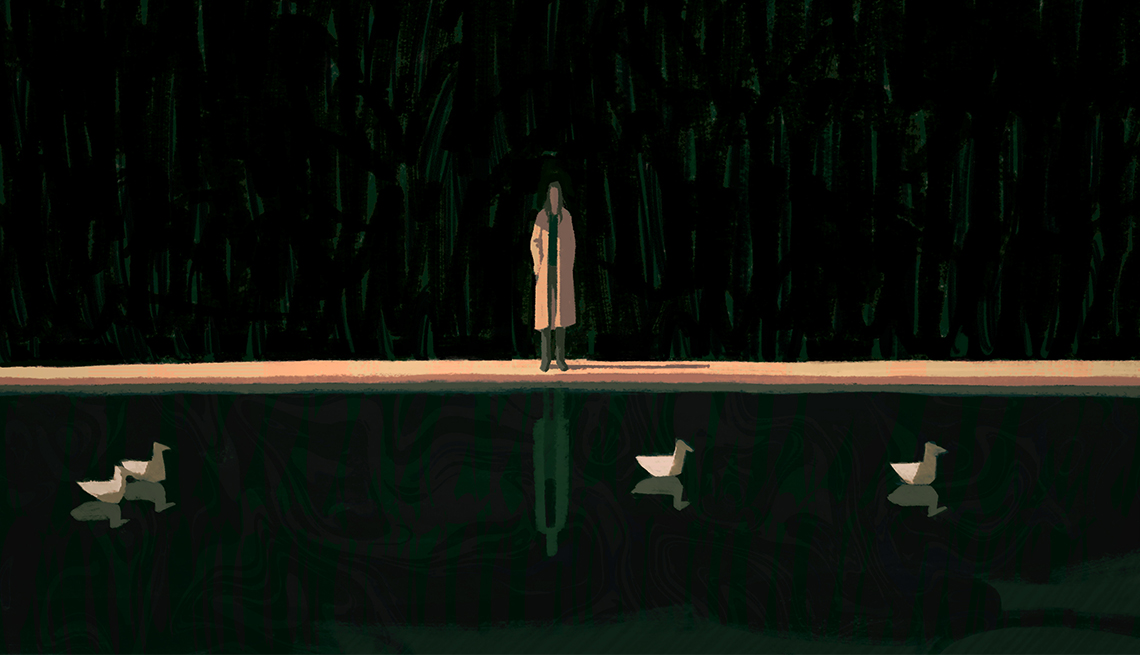
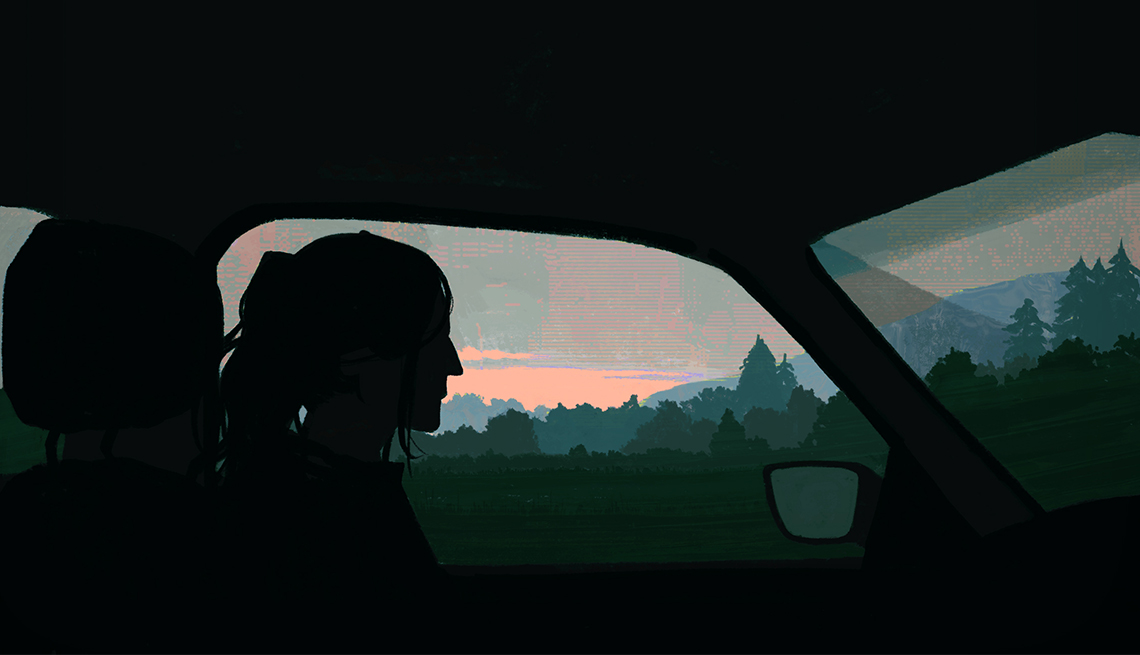
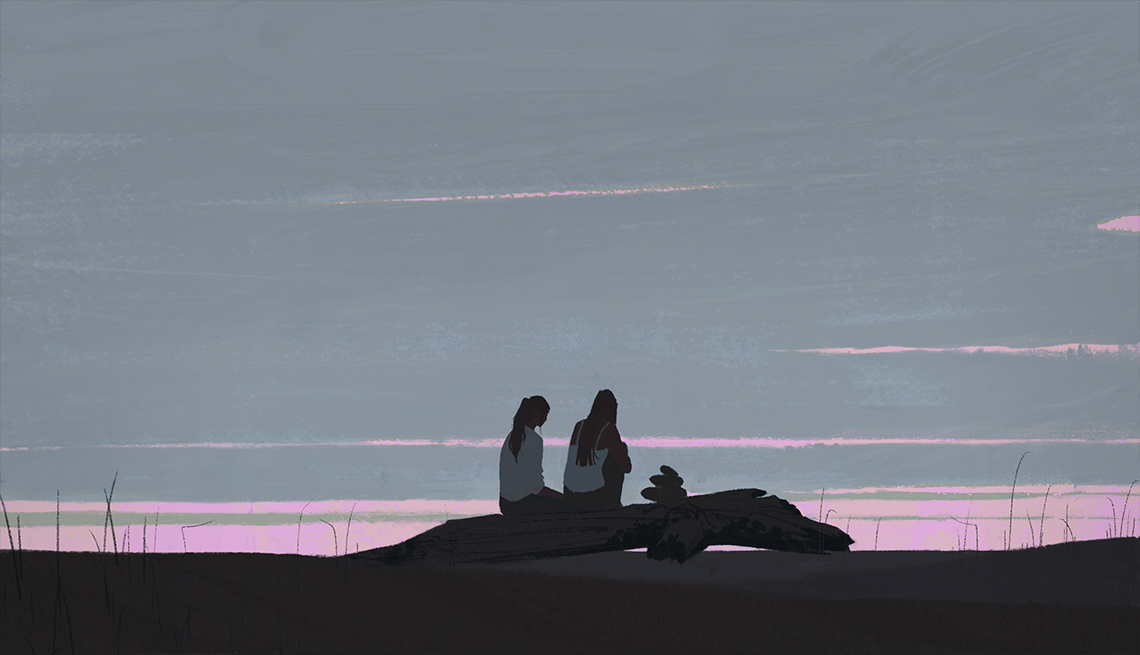
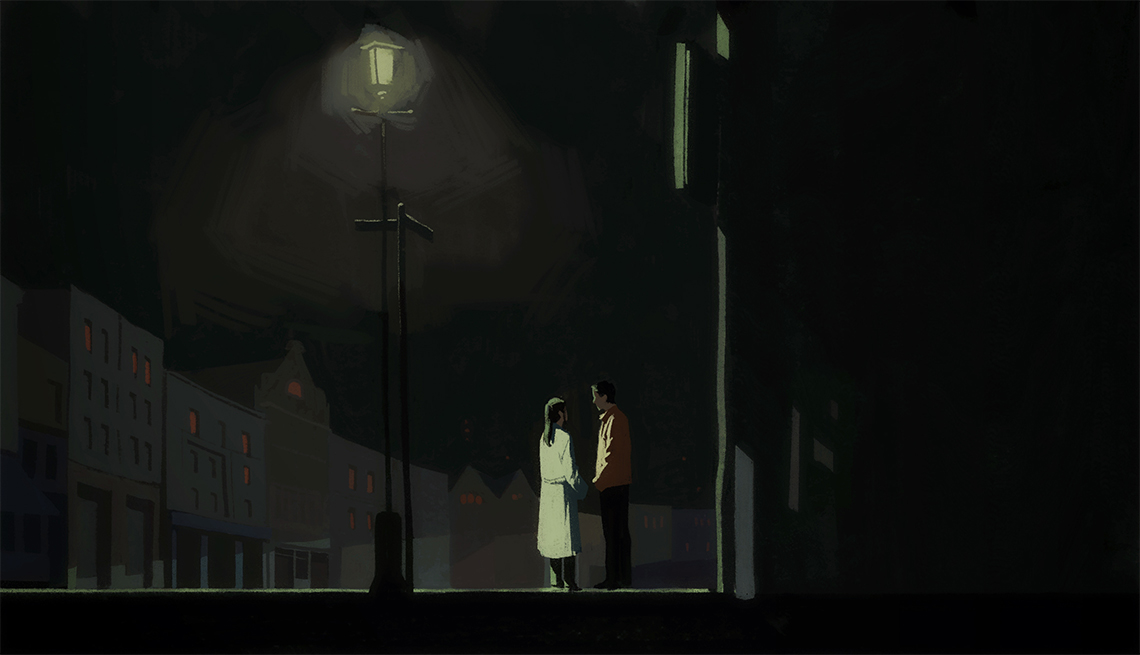
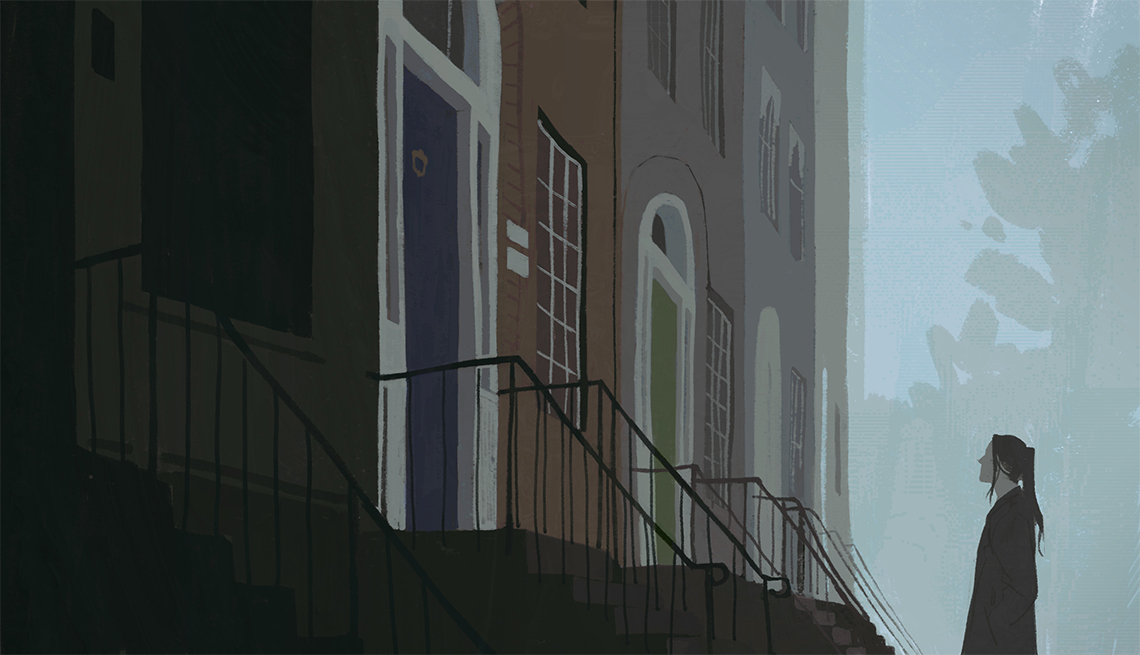
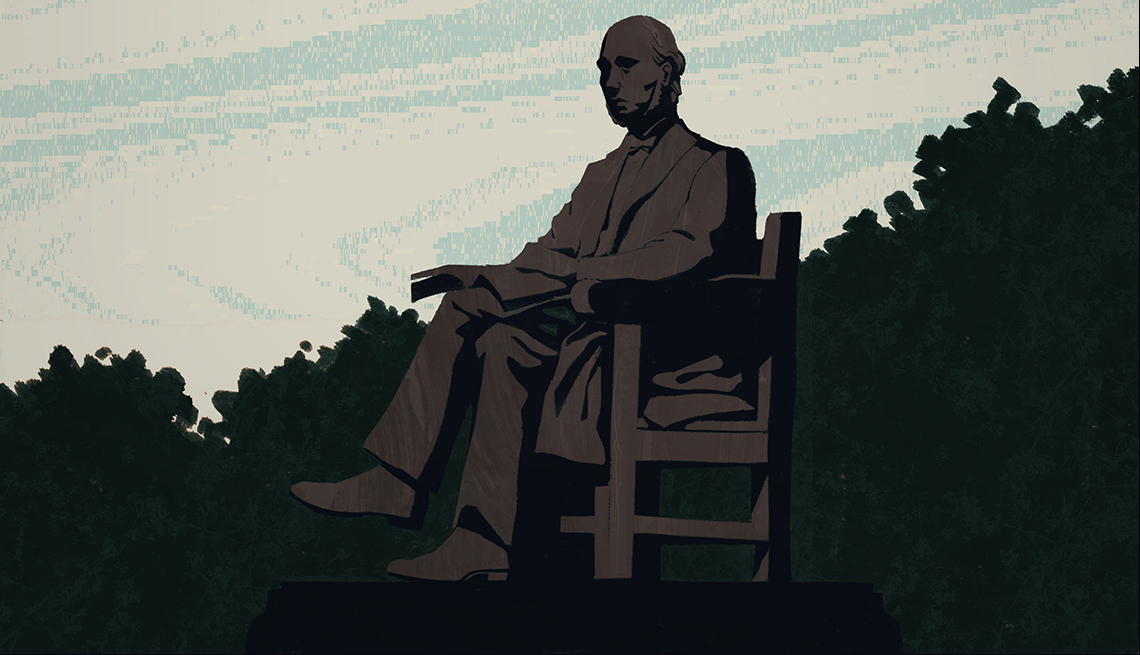
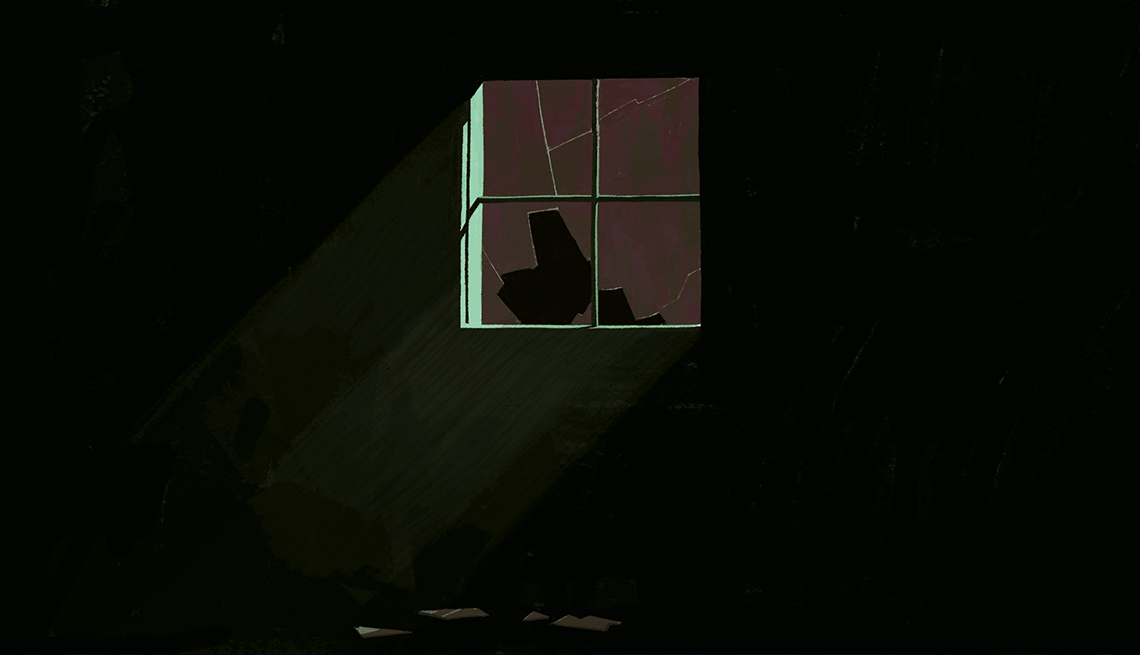
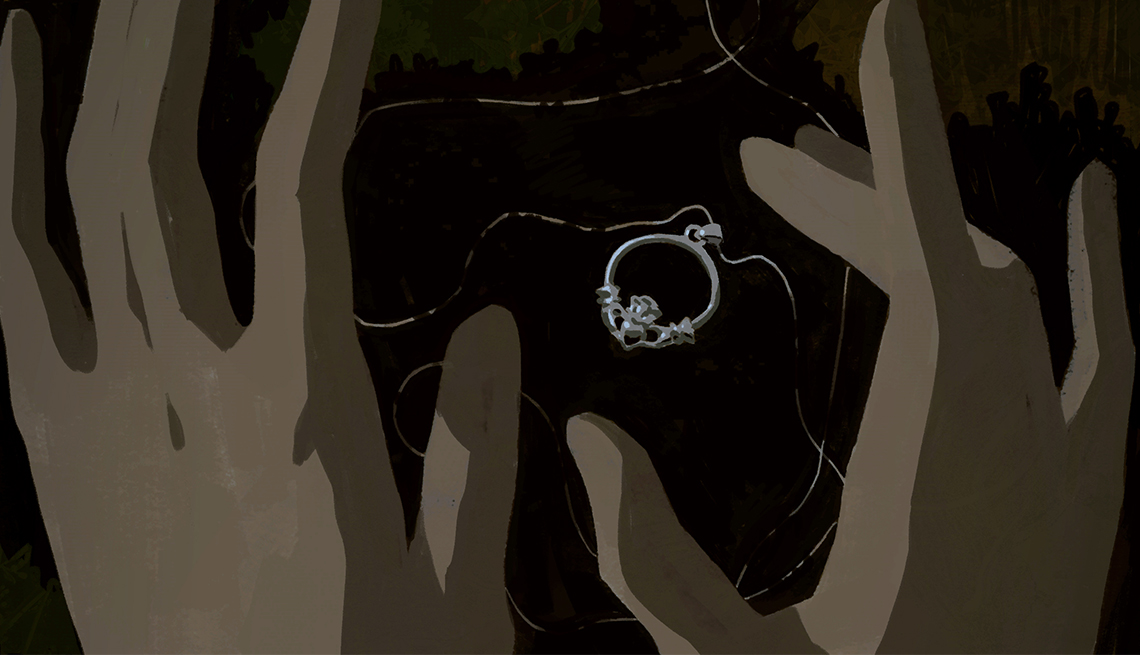
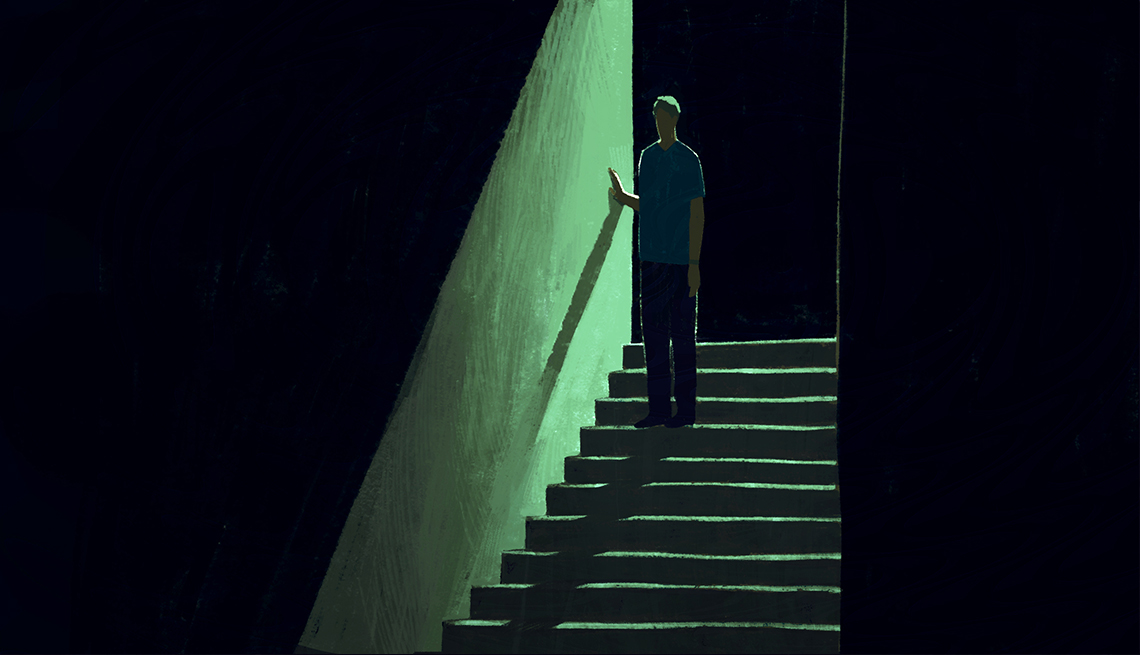
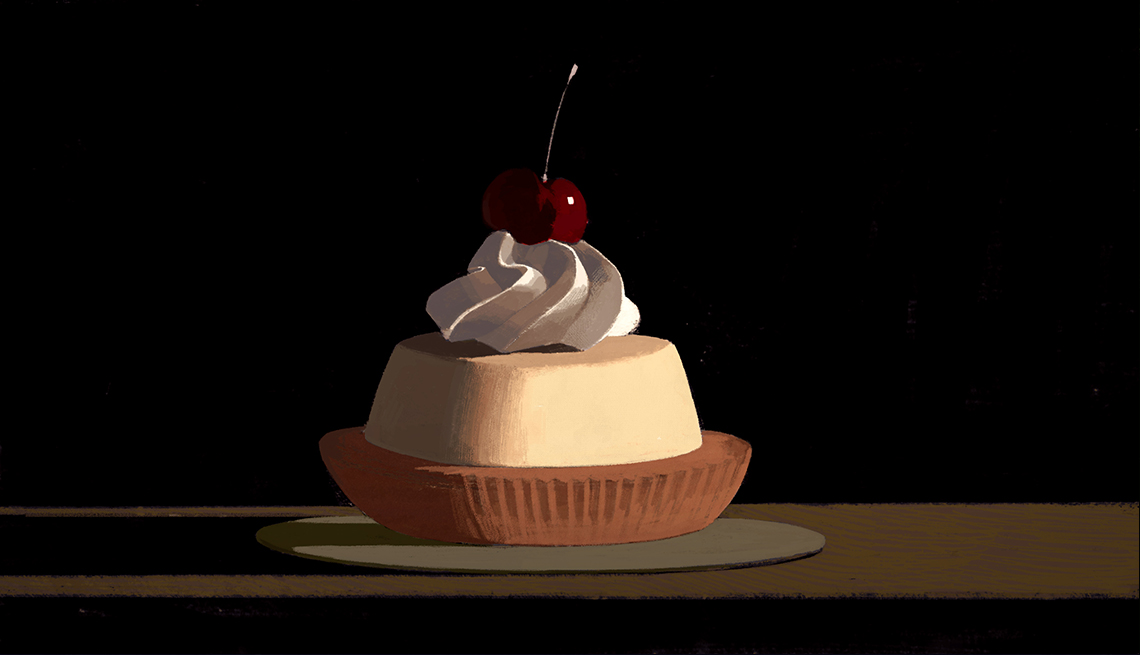



More From AARP
Free Books Online for Your Reading Pleasure
Gripping mysteries and other novels by popular authors available in their entirety for AARP members